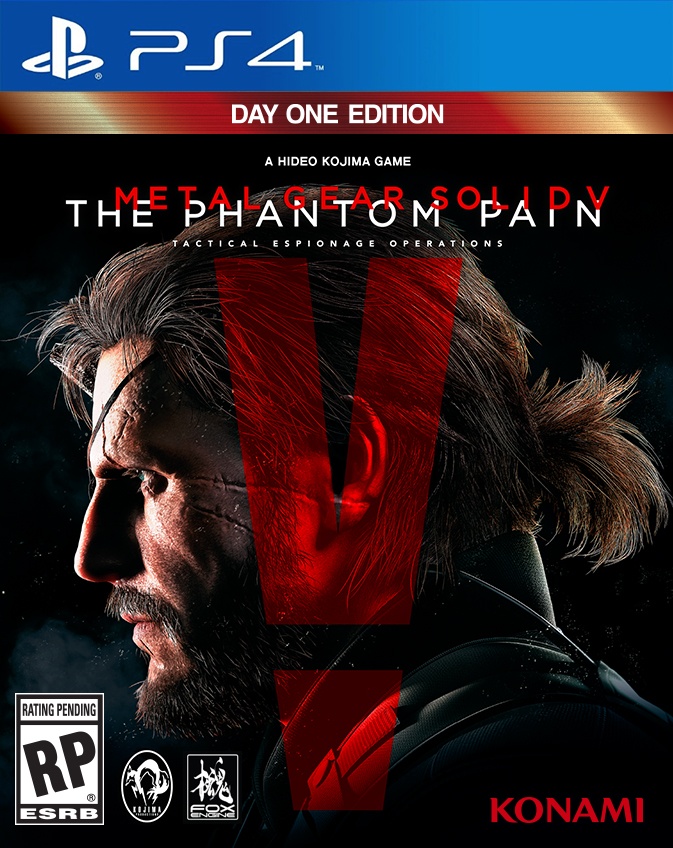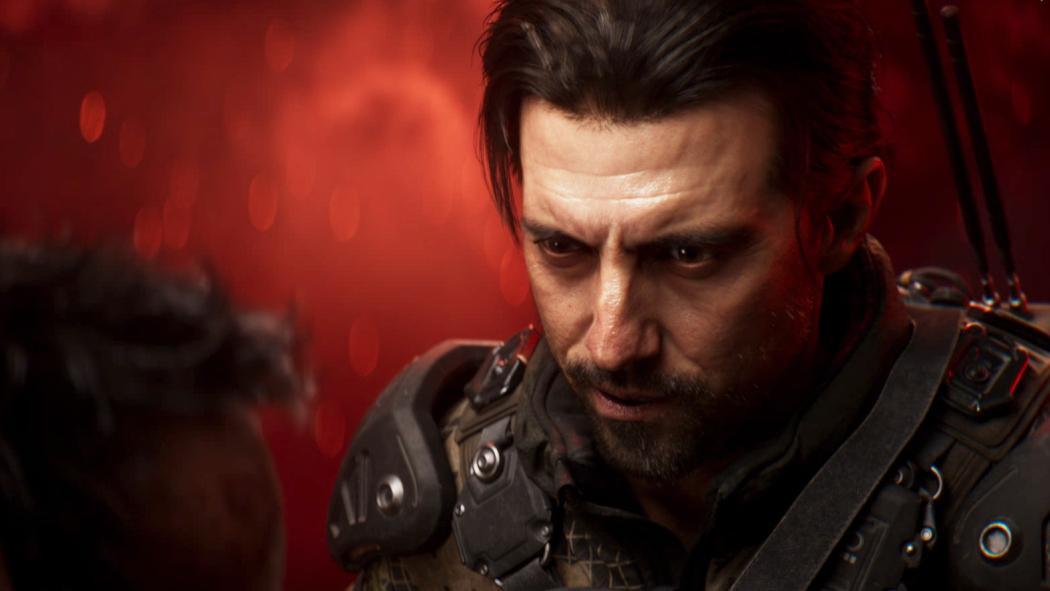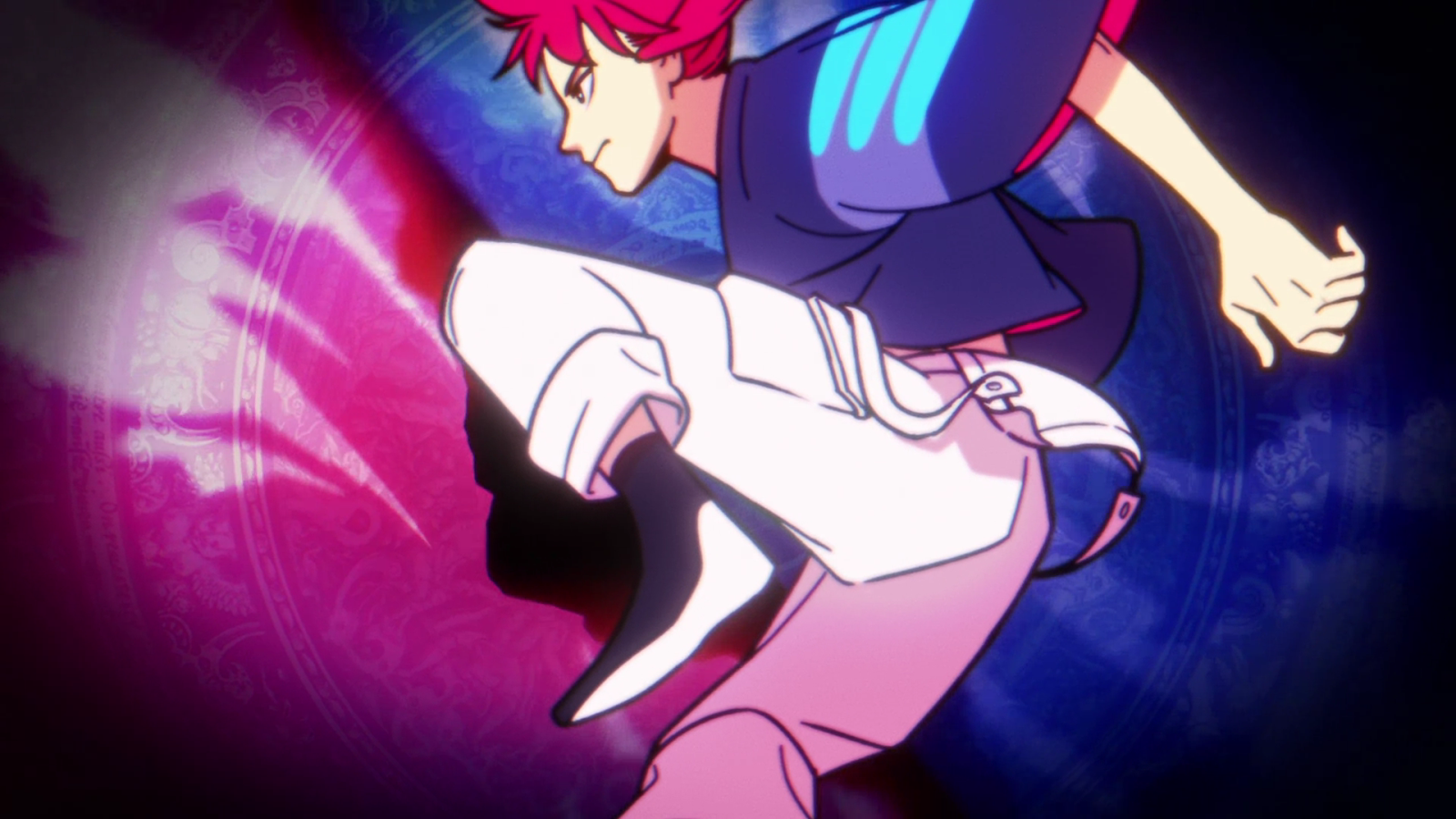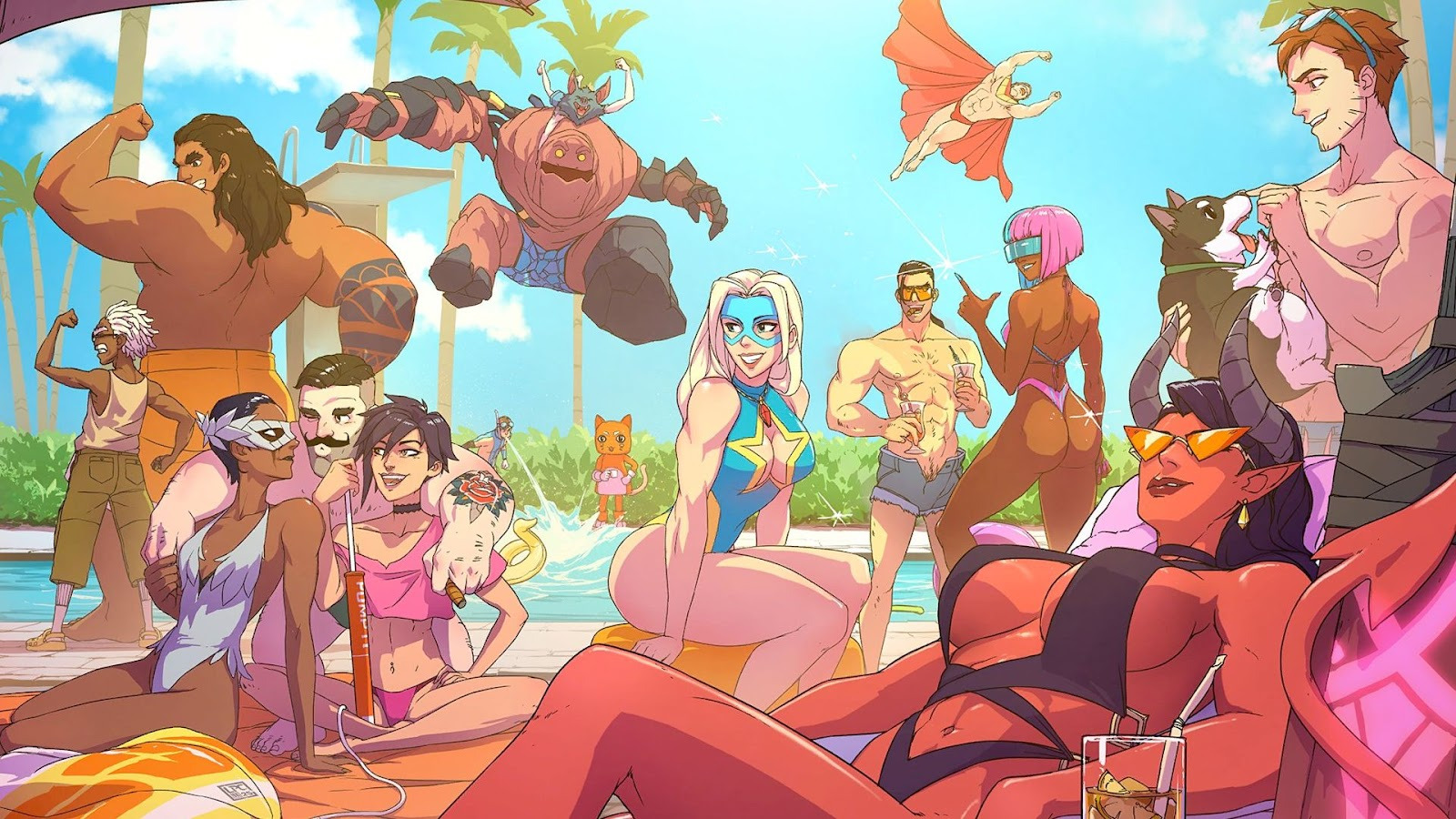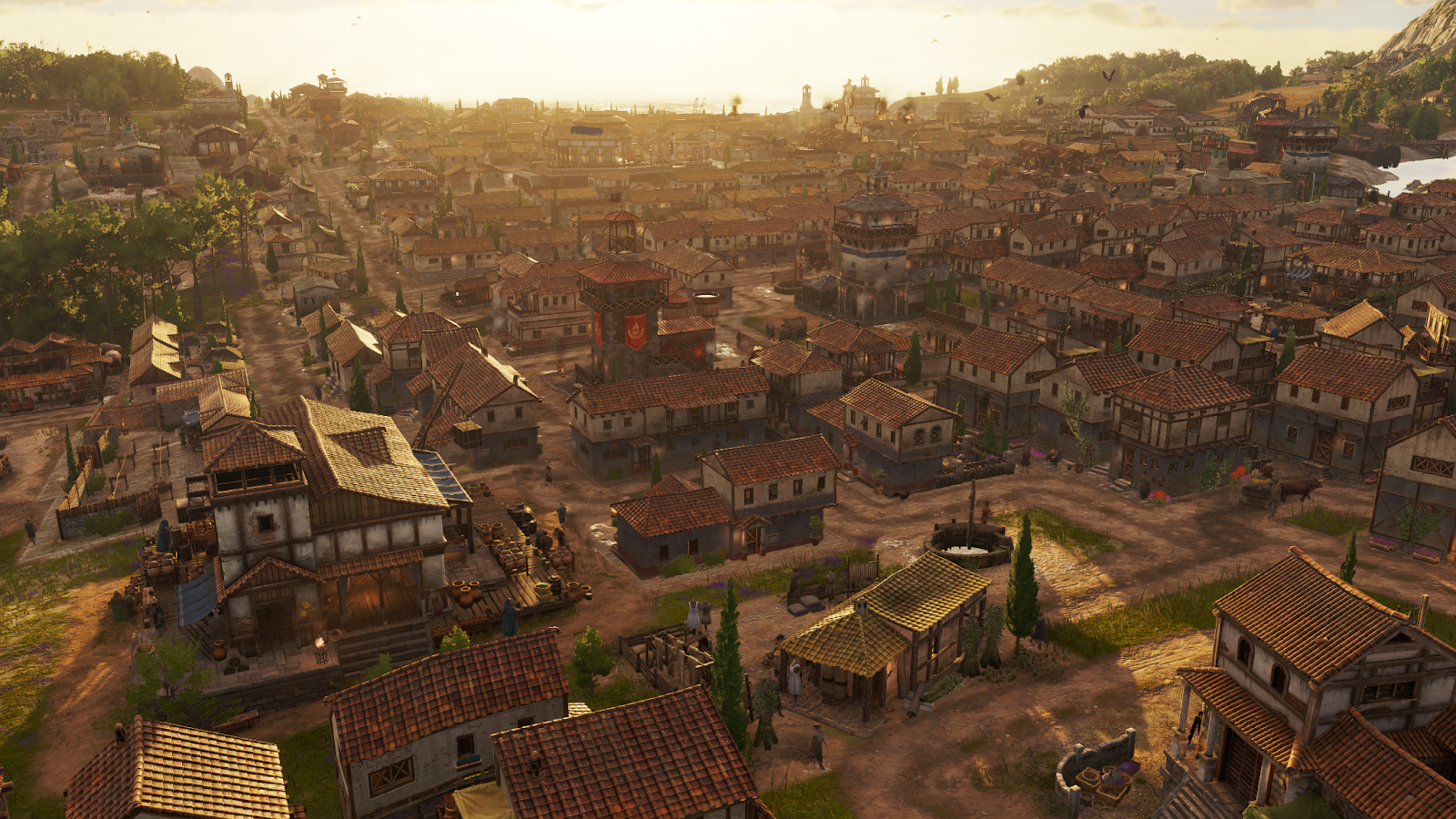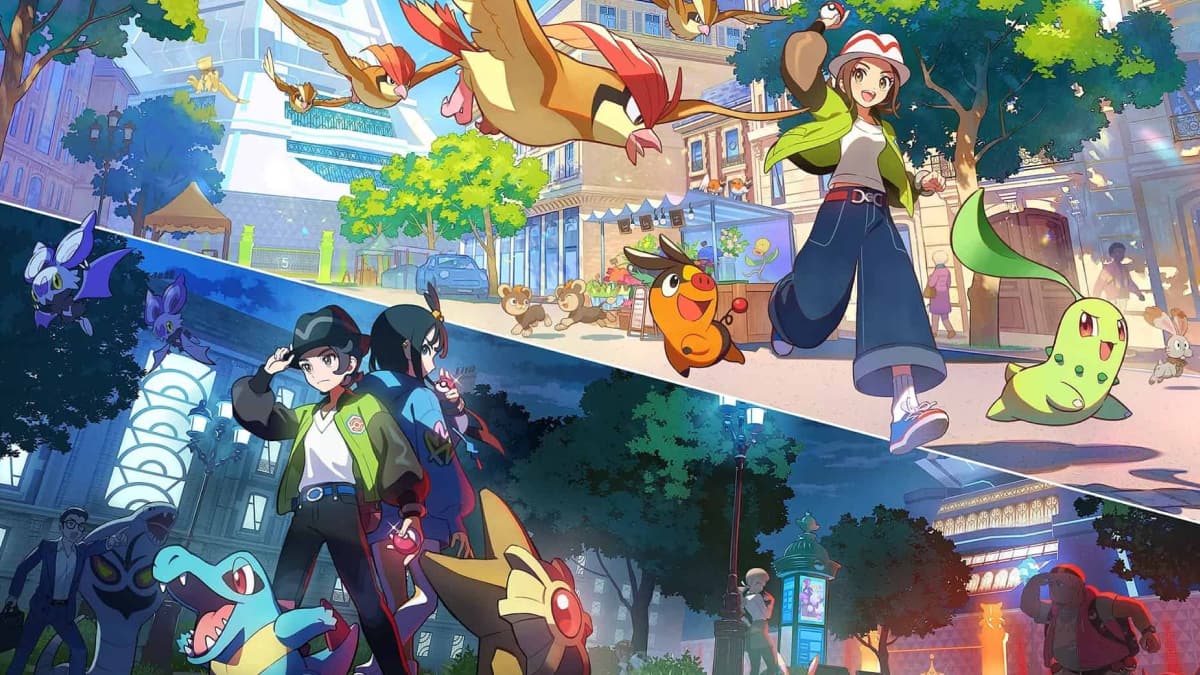You can trust VideoGamer. Our team of gaming experts spend hours testing and reviewing the latest games, to ensure you're reading the most comprehensive guide possible. Rest assured, all imagery and advice is unique and original. Check out how we test and review games here
Update
As you probably know by now Metal Gear Solid 5 ends badly: patently unfinished in its storytelling and unnecessarily punitive in its meting out of final campaign missions. It’s a sad end to what is undoubtedly a fabulous experience, albeit one with many flaws. But after getting the ‘ending’ out of the way, players are free to return to the game’s strongest element: completing side ops (and any remaining missions) in inventive, ingenious, or just plain old cruel ways.
The enjoyment of that side of the game never wanes. While your drive to plough through every op may diminish, MGS5 is simply too well-crafted to disappoint those that want to get to 100%, or as close as they can before the sun implodes. It also affords the opportunity to actually listen to the tapes which contain most of the story players hanker for. Yes, there are problems with the implementation: it’s sometimes difficult to discern which of Ocelot, Kaz, or Snake are talking, and on-mission dialogue blares annoyingly over the top.
Despite these issues, get into a rhythm of listening to the cassettes and vital clues to what’s actually going on are revealed: if they were static Codec calls no-one would be moaning about MGS5 being bereft of ‘story’. This doesn’t make the ending itself any better, of course: especially when major characters disappear from the plot and the only way to find out what happens to them is to watch footage on YouTube or a special edition Blu-ray. But there are major plot points that only happen in those tapes, and huge characters who only turn up in them. There’s a reason the game prompts you to listen to them after each mission.
If the main plot threads stumble, though, chapter 2 positively explodes, crashing what should be a breathless finish into the tedium of busywork, with predictable results. Making players grind side-ops or complete old missions (with a harder edge – on-site procurement of weapons, or instant game over if seen) is ridiculous, especially when the entirety of this second chapter seems utterly redundant: lop-sided, light on unique missions, and shorn of a satisfying conclusion.
It’s easy to see where the backlash has come from: simply put, the second part (‘half’ is the wrong word) seems rushed and unfocused, and leaves a sour taste to what is, on reflection, a superb game. Metal Gear Online is to follow, but before that there’s also the intriguing FOB invasions, which bring a Souls-esque element to the game. These FOB missions are tough for the attacker, with the sheer amount of AI guards (and the potential for the base owner to zap in and defend at any moment) naturally favouring those defending. But there’s an interesting dynamic at play, true risk vs reward as you either race to ‘capture’ the base or simply Fulton everything (and everyone) out of it. Well, when you can get a game, of course: connectivity problems afflicted play on more than one occasion, and anecdotally these don’t seem like isolated incidents.
When it works though the FOB missions are excellent, requiring craft and guile and encouraging players to make full use of the tools at their disposal. This is also true of the main game, even if the last few hours of it seem less like a conclusion and more an exercise in self-sabotage (and, in Quiet’s case, phenomenally wrong-headed point scoring exposed in its feebility by just how the camera treats her as opposed to the men). When the dust settles MGS5 will be remembered as one of the slickest examples of design, player agency, and mechanical complexity all coming together yet seen. What a shame, then, that it stumbles so badly elsewhere.
Original text
Everyone relax. Kojima may be off (or not) following this latest Metal Gear Solid game, his name supposedly banished from the cover of The Phantom Pain by those nasty Konami overlords, but this is very much A Hideo Kojima Game, in much the same way that it’s still usually a Scorsese Picture or a Lee Joint regardless of what’s on their films’ posters. Besides, it’s not as if he’s been completely overlooked, nor his name removed entirely. In fact, the words ‘Hideo Kojima’ appear on the merchandise so often – pre-mission, post-mission, etc – that it appears he’s been taking his cues less from film directors and more from 90s fashion designers.
Besides, play MGS5 for more than 45 minutes you’ll discover that it may be one of THE most Hideo Kojima-like of all his titles, even if on the surface it doesn’t seem to resemble MGS past: inventive, enthralling, beautiful, mechanically superb, utterly melodramatic, and camper than a screening of Arnie and Sly’s entire 1980s output.
Its story never strays far from ridiculous, in keeping with the above descriptors, but past the flaming horses and undead killing machines powered by fire it’s clear MGS5 aspires to be a complex game, in all regards. It deals with familiar series ideas and ideals, which are by nature ever-changing: imperialism, the threat of communism, war as a business, the fluid nature of conflict, the pervasive and pernicious need for revenge, whether puppies really can (or should) wear eyepatches, and much more.
All of these are addressed and interpreted to various degrees, in classic Kojima fashion. But the near-constant cutscene interruption of before, replete with theorising and moralising and repeating exposition back to the audience as a question from a major character is largely gone, or more accurately reduced and spread throughout the 40 or so hour experience, like the various Soviet and African camps you sneak and stab your way through. Rather than pile all of its Big Themes and Questions on top of each other, chucking these ingredients in with no regard for reason or sanity like some sort of demented philosophical Subway sandwich (my word…just the thought of MGS2 has got me spouting mad gibberish) The Phantom Pain takes its time, and encourages you to as well.
This is the core of MGS5: it is both definitively a Metal Gear game while appealing to those who had no compulsion to play any of the previous ones. If prior instalments felt like you were infiltrating an elaborate set, a linear journey upriver to terminate the command of some big bad, interrupted every now and then (or, in MGS2’s case, every single fucking minute) to get a dose of story, then MGS5 feels more like an open-world, geopolitically-focused sequel to Red Dead Redemption, a military-industrial complex simulator. Your actions in Afghanistan (and, later, the Angolan/Zaire border region) aren’t driven by a tight time pressure to stop nuclear war or prevent some other catastrophe: instead you’re more like a very hands-on CEO of a private military company, intervening in sovereign affairs for fun, profit, and when it fits, some dubious morality.
If this all sounds a little…dull, rest assured that the on-mission play is filled with not only standard-issue Kojima playfulness (Fulton-ing goats and bears, using horse s*** as a non-lethal takedown device) which give players room to experiment, but its gameflow is also superb and diverse: a curated open world encompassing bases to scope out before assaulting, plentiful side missions to take on, wildernesses to explore, and even working for an NGO to help prevent…animal extinction. Yes.
The average sortie sees Snake approaching an enemy encampment after having accepted a mission via a sub-menu on his ubiquitous helicopter, which functions as a mobile command centre, a debriefing/staging ground, and a heavily-armed backup option as well as a dynamic infil/exfil device. (Plus: a rad-looking way of escaping enemy forces while the rain howls down and you’ve got a hostage draped over your shoulders.) Dropped in-country, Snake and his accompanying AI buddy (pick from: a dog, a horse, a weird robot thing that’s half scooter/half Johnny Five, Quiet) make their way to the objective location. Mission types include assassination, sabotage, hostage rescue, weapons and intelligence gathering, and more. But all follow a general rule: get an overview of the enemy encampments, identify and tag opposing soldiers and key items with your binoculars, sneak in, sneak out.
Best laid plans, of course. But MGS5’s mechanics are comprehensive and flexible enough to enable the player to play with stealth yet respond with action should things go sideways. The central controls are dependable and immediate, aping standard third-person shooter conventions. (Weapon-switching can be a touch fiddly, especially under pressure, relying on the player to hold a button and cycle through weapons menus, but it’s nothing major.) The spectrum of movement is covered excellently, from a COD-style flat out sprint to a low mid-pace stalk, with a dive to cover on hand should you get too close to the enemies. Crawling while prone enables players to roll easily out of trouble, to switch to laying on their back for a surprise headshot on a too-close enemy, and for the pacifists out there you can even play dead.
There are definite, deliberate phases to play: planning, infiltration, enemy reaction, player response, but the beauty is they’re not rigid. The Phantom Pain is far less prescriptive than MGS used to be, both in terms of rules of engagement and player perception of those engagements. In older games it felt you were pushed to play the ‘right’ way, and not doing so was usually both sloppy and carried with it a feeling you were going against the spirit of the thing. Here, there is no such distinction. Players are rewarded with side mission-giving intel for going their own way, and so flexible are the game’s systems, so broad its scope, that escaping a full base alert while a friendly gunship blasts pursuers as you run across the desert to safety is just as satisfying as sneaking in and out. Why? Because the game, with its constantly ratcheting enemy behaviour and insistence that players escape an adversary-controlled ‘hot zone’ before missions complete, legitimises last-gasp escapes and Hollywood sensationalism. The ridiculous production values don’t hurt, either.
There’s a tool for every scenario, and even the much-derided ‘reflex’ slow-motion grace period after being seen isn’t a get out of jail free card: there’s every chance you’ll be holding an empty magazine or C4 rather than a silenced gun. Your options, like your enemies’ alert phases and the encampments’ environs, are multi-layered and logical, sophisticated yet intuitive.
Simply, Snake is far more dexterous and capable than he has ever been, which is good because he needs to be: it’s up to the player to concoct a plan and make it work. How you achieve success is up to you, but the game constantly challenges players with environmental design which is uniformly superb. Infiltrating the Afghan mountains, breaking into security-heavy Soviet gulags, or – and this is a personal favourite – hunting human traffickers on a savannah are just some of the examples of the challenges players face. The base tools are there from the start: how your Snake (and your own skills) evolve from there is up to you.
MGS5’s best moments, however, are the non-scripted ones. The series in the past has been, essentially, the world’s greatest and most elaborate boss rush. Here, players move at their own speed, and the common soldier – with his foibles, concerns, and decisions, all overheard in the intelligence-gathering phase – has the potential to be just as memorable as meeting certain bosses is in the older games. As Rich Stanton notes, enemy sentries give life to MGS: their bored chatter, their interactions while on patrol, the sense that they’re people as well as government pawns. During one infiltration I crashed into a barracks to rescue a hostage and found two sleeping soldiers, rain pissing down from the night sky, while Spandau Ballet’s ‘Gold’ played from a nearby tape-deck, and decided I could not reasonably and in good conscience kill these men, that the last thing that they heard could not be that twat from Eastenders. I shut the door slowly and continued my search.
Kojima is the best at teasing out these little stories, and MGS5 is among the very best of his efforts to do so. There are bigger moments, of course: gigantic robot death machines, sweeping aerial shots, and grand sniper battles, but The Phantom Pain is about small gains in a bigger war, and its little details, like the various minor acts of sabotage you commit, soon start to add up. Afghanistan and Angola/Zaire are superb backdrops: the former angry and arid, sheer-faced and jagged, prone to visibility-shattering sandstorms and best viewed in the day lest its sudden drops take you by surprise. Africa is different: high-contrast and overlit in the light hours thanks to the Fox Engine, at night it nevertheless is beautiful, vast, vengeful and still. It is the best Far Cry game ever made.
There are a series of ops which advance the story, and then there are those which offer money or other rewards: broadly the choice is up to you which you take on, with the latter being more plentiful. But sooner or later you’ll be heading back to Mother Base, your ever-expanding HQ in the Seychelles, to grow your empire. (Cutely, most times you head back you’ll be as war-weary and knackered as Snake: blood stains remain on his person during missions, meaning you’ll be looking forward to the on-base shower – which improves mental stability and affects aiming – as much as he is.)
It’s here you’ll spend a lot of time poking around with your staff (who you’ve kidnapped in the field) and their specialties, shepherding them into different units so they can work on your R&D, intel, medical teams, etc. It’s an amusing distraction, asking you to acquire the right staff and then juggle their various abilities (even if, sometimes, this grates as you’re waiting to level up a needed unit to get more items) and provides a humanitarian angle to your ops. Why kill soldiers with skills when you can convert them, especially when some of their skills go towards mission-critical weapons and items? (A handy upgrade enables your binoculars to ID high-value ‘recruits’.) And, frankly, attaching the Fulton recovery system to hapless soldiers is more entertaining than shooting their faces off.
Mother Base also serves another purpose: its expansion is a reminder of the passing of time. MGS5 decompresses its story over months, not hours, and is in keeping with the reality of War, PLC: there’s an endgame, but not one that is 18 in-game hours away. The episodic structure also gives more nuance to the creeping changes of the characters: Kaz’s increasing distrust and lust for vengeance, Ocelot embracing his liking for sadism and cruelty (he’s played brilliantly by Troy Baker, his voice filled with just enough authority and disdain), SkullFace’s motives.
In general, the story works: like its music – a Carpenter-esque soundtrack that hints at forces moving beyond your control even as you strive to get a grip on them – MGS5 is lower on bombast than before, but hints at an underlying existential dread. Sutherland’s Snake is tired yet crusading, and his delivery – commanding, forceful, but soon quieter, more introspective – carries hints that, increasingly, the dividing line between right and wrong is blurring. Or, more accurately, has blurred. He just didn’t notice. There are cameos from older characters which will please almost everyone. There’s magical realism here, but it’s a more grounded story, if you can say that about a game with Skeletor in it: it’s just as likely to see you rescuing child soldiers as it is throwing in pantomime baddies. Those who love the games for their high-intensity plotting and exposition will no doubt bemoan the more lower-key storytelling, but it’s perfectly in keeping with the themes: mainly, that revenge slowly overcomes all who dabble in it; that the ‘right’ moral call often has catastrophic consequences; that grey hardens to black easier than it fades to white.
Major narrative missteps are rare, but obvious and troubling. An overlong prologue annoys, the player saddled with a wounded, crawling Snake, particularly when you know what’s coming next. So far the explanation for Quiet’s lack of clothes is laughable (it involves, of course, photosynthesis – she can’t ‘breathe’ with clothes on) and cheapens the story, as do the frequent butt shots of her and other women, including a member of a Borg-like undead sniper team. Then there’s the mystical tribal leader with magical powers…it’s crap, and barring some stunning late-game about-face should have been excised or changed long before it got into the final game.
Then there’s the microtransaction element. While I didn’t get to play around with these, I assume they are related (or easily could be) to the various skill trees and build times relating to items, weapons, Fulton effectiveness, camos and everything else(as well as the online FOB systems, where you can build out bases etc). There are hundreds of such variants, and some of these require time to create, up to 18 minutes in my playthrough. It’s here where I assume you can pay for the gear. Fine, if you want to get all the high-level items quickly. Not fine if you can’t complete the mission without them and have to wait, like I did. A controversial inclusion which smacks of money-grabbing if indeed it functions this way (and I must stress I don’t know this for sure) it remains to be seen how deeply it will affect the final product. Still, that those poorly-chosen character elements persist in a game this ambitious, this big, and this enjoyable disappoints sharply, and there’s little excuse for them.
I’ve still not finished MGS5, despite pouring nearly 40 hours or so into it. Its low points are few yet jarring, and while they come nowhere close to cancelling the highs – of which there are many – they nonetheless stick out. Still, I’m confident in calling Metal Gear Solid 5 the best game of the year, a vast undertaking where Kojima’s reach hasn’t exceeded his grasp, a game where a big story doesn’t happen to you. Instead, you happen to it, slowly but surely. You may be surprised who you end up becoming.
Version Tested: PS4
Metal Gear Solid 5: The Phantom Pain
- Platform(s): PC, PlayStation 3, PlayStation 4, Xbox 360, Xbox One
- Genre(s): Action, Stealth

